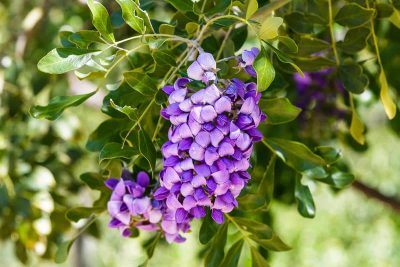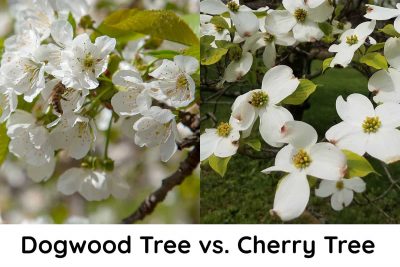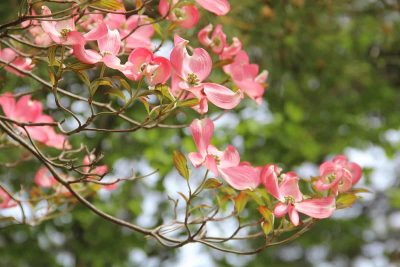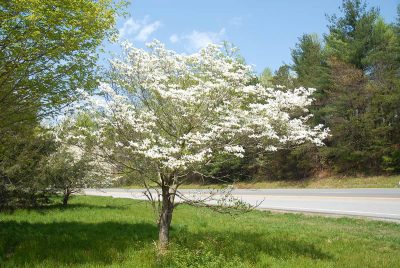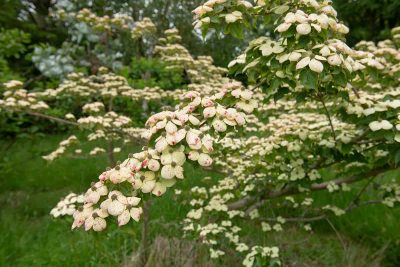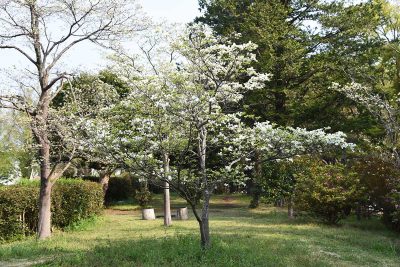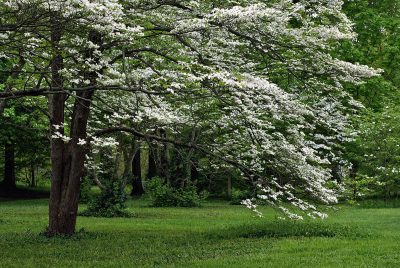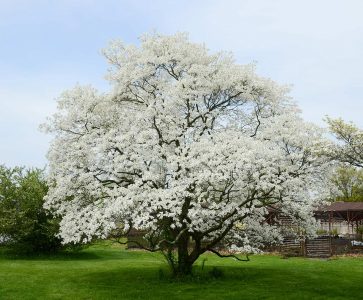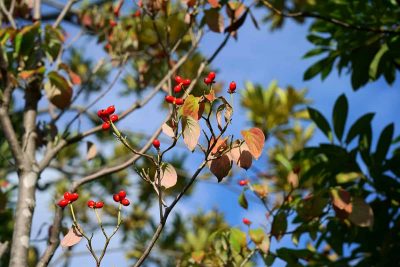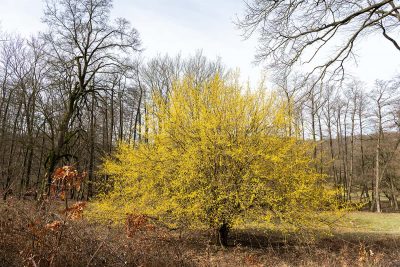Karli Edmondson-Matthews
Posts by Karli Edmondson-Matthews:
Roses are one of the most popular types of blooming plants on the planet, with a long history that is believed to date back to around 35 million years. These romantic flowers are loved for their full blooms, sweetly scented petals, and dramatic foliage. Most modern roses will bloom for an extended period of time from early spring right through to late fall, with some exceptions. Here we look at the time of year you can expect your rose bush to be in bud, and what measures you can take to maximize the blooming potential of your rose plant.
Purple flowering trees are a visual delight, with blooms that contrast against the backdrop of green leaves in spring. Here we look at the best purple spring flowering trees.
Dogwood trees (Cornus sp.) and cherry trees (Prunus sp.) are similar in the way that they are both flowering deciduous trees, and they both produce white and pink blooms.
There are a number of dogwood trees that produce pink flowers, adding a bold color to the tree which contrasts beautifully against the green foliage. If you’re looking for a pink flowering dogwood tree, consider one of these varieties.
To boost the available nutrients in the soil, frequent applications of fertilizer at the appropriate times will keep the tree in its best health. Dogwoods have high nutrient needs, so knowing which fertilizer to use and when to use it can be pivotal in the successful growth of your tree.
You shouldn’t need to prune a dogwood tree (Cornus sp.) to maintain its shape and size since this plant has a natural growth habit that holds a neat and tidy shape. However, there are some instances where pruning a dogwood tree will be beneficial to its health and to your enjoyment of the tree.
Here we look at the diseases which most commonly affect dogwood trees, how you can identify them, and what you can do to save your dogwood tree.
Dogwood trees can be planted at any time of year, but they have a much greater chance of survival if planted during the fall, winter, or early spring. The University of Tennessee recommends that November and December are the best months for planting dogwood trees. There are a number of reasons for this.
The dogwood tree is at the center of a number of different legends, though their accuracy is questionable. What we do know about the dogwood is that it is referenced in the English language as early as 1614. Throughout history, the tree has offered many uses, often as a type of medicine. Here we look at the various stories which surround the tree, and how it has been used historically.
Dogwood trees range in size depending on the type of dogwood tree, as well as the conditions they are growing in. These trees can reach a maximum height of anywhere between 6 feet and 40 feet, and their spread is typically equal or slightly smaller to their height size.
Dogwood trees are a type of deciduous flowering tree which produce berries that are notoriously popular as a food source for birds. If your dogwood berries don’t get quickly consumed by birds, they can add another layer of interest to the tree, with many types of dogwood being able to retain clusters of berries from summer right through to fall.
However, if you’re looking for something less statuesque, then there are a number of smaller dogwood trees available which can look great in compact gardens. Here we look at types of dwarf dogwood trees and how to care for them.

